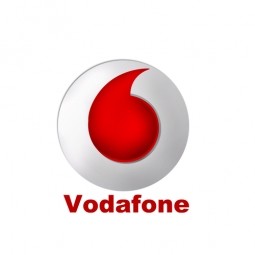Peter Thompson was already familiar with Vodafone’s business services from his time at Goldman Sachs. He was confident Vodafone’s Location Based Services would provide the most effective asset recovery solution, with a pre-installed SIM sending out a signal, indicating an estimated location. A recovery team could then track the device on the ground using a radio beacon.
To be most effective, the devices would need to transmit over long distances. Vodafone operates on the 900MHz frequency in the UK. This frequency penetrates buildings and materials more effectively than the 1800MHz frequency used by other communications service providers. It means the signal can travel significantly further (up to 20 miles, as opposed to two miles on 1800MHz) and the device can be located even in the most inaccessible places. Stolen assets have been found in concrete bunkers, steel shipping containers and underground car parks.
The Vodafone network supports accurate positioning by using the direction and distance of the tracking device from the nearby cellular masts, meaning Custodia Systems would be able to narrow the search area by two-thirds.
“Vodafone also stores a cache of the last location,” says Thompson. “Every network registers the current location, but Vodafone is the only network in the UK to archive the last known locations.”
The AppelloGEO device is dormant for most of the time, saving energy and making it hard for thieves to detect a signal, however it switches on to send regular alerts. “Being able to detect the location based on the last signal is an even more important feature than the Timing Advance. It means we can prove when the device was last switched on and that it was working before the asset was stolen,” says Thompson.
Read More




